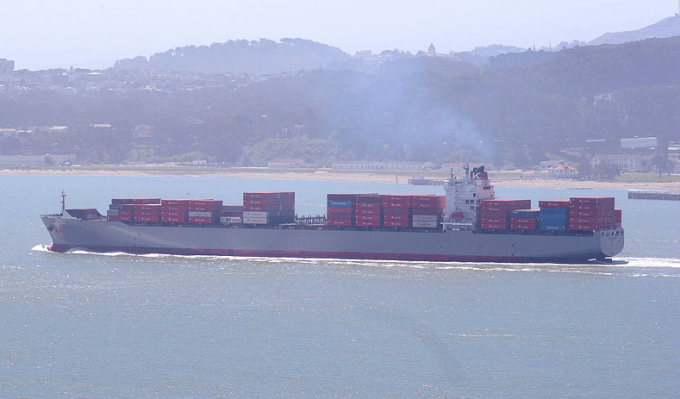K Line confirms death after fire breaks out on car carrier
K Line has confirmed the death of a sailor after a fire broke out on ...

K Line has reached an “amicable settlement” with APL Logistics following the claim that APL employees had given customers false information over K Line’s financial health.
K Line filed a lawsuit at the Tokyo District Court in December 2016, demanding damages for emails that had claimed that K line was in danger of going bankrupt.
The emails were sent shortly after Hanjin went bankrupt and the market was reeling from the impact – and concerned about the possible failure of another carrier.
K ...
USTR fees will lead to 'complete destabilisation' of container shipping alliances
Outlook for container shipping 'more uncertain now than at the onset of Covid'
Flexport lawsuit an 'undifferentiated mass of gibberish', claims Freightmate
Cancelled voyages take the sting out of spot rate declines this week
Shippers warned: don't under-value US exports to avoid tariffs – 'CBP will catch you'
Blanked sailings in response to falling demand 'just a stop-gap solution'

Comment on this article